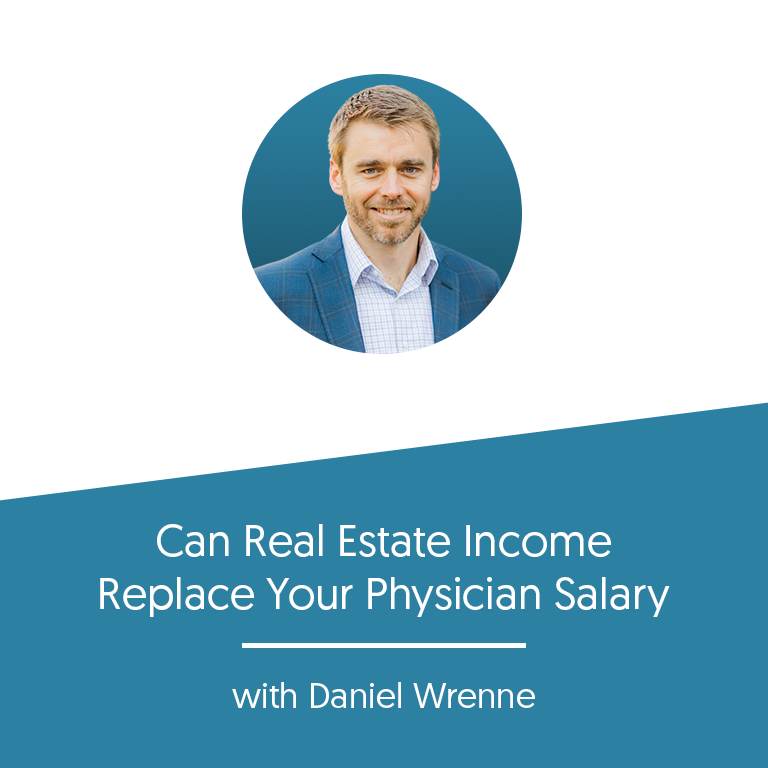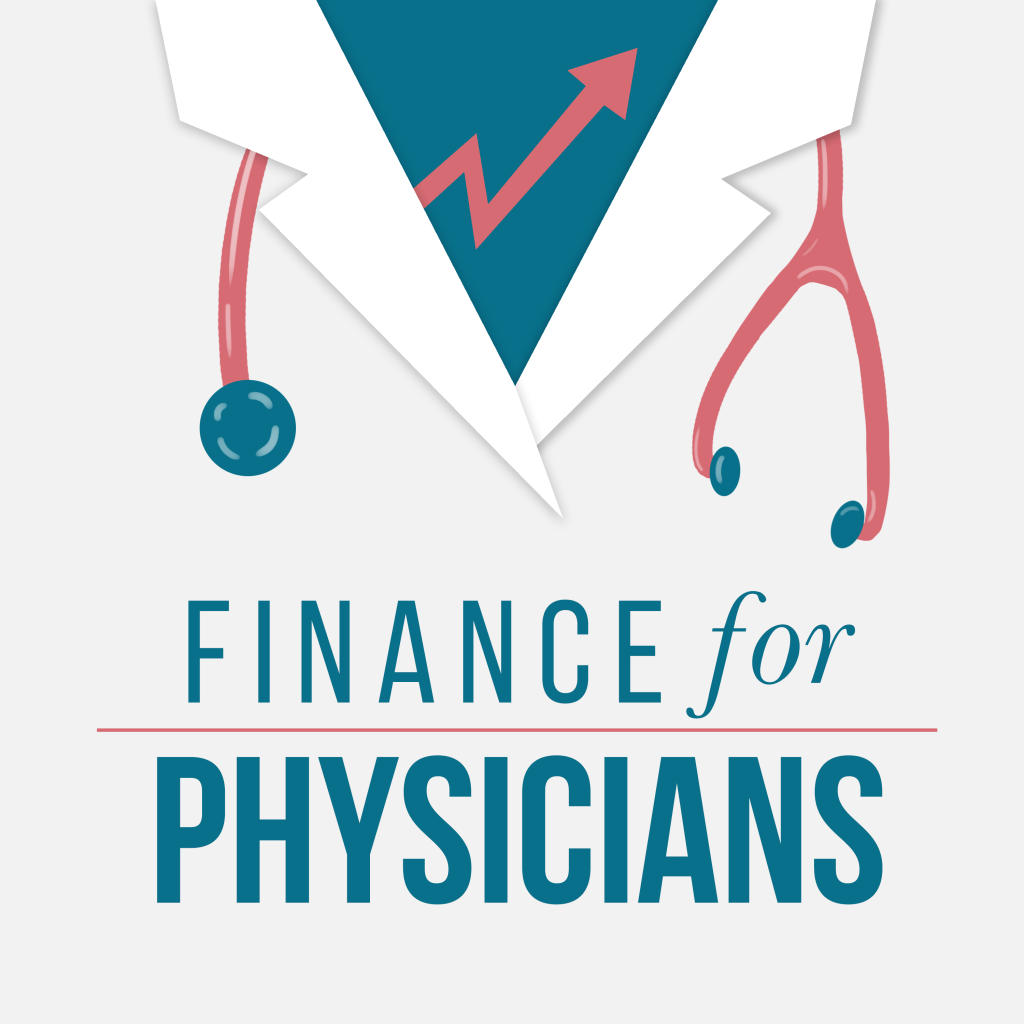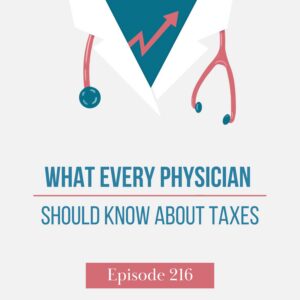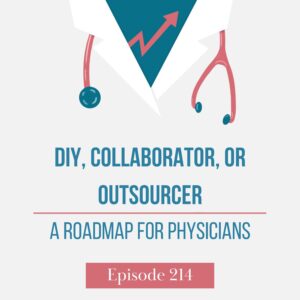Join Daniel Wrenne in this episode of Finance for Physicians as he tackles the common question among physicians – can real estate income replace your salary? Daniel provides a high-level overview of real estate investment options, from ultra-passive REITs to more hands-on approaches like owning single-family homes.
Discover the pros and cons of each method, considering factors like time commitment, risk, and potential returns. Daniel also shares insights into the slow-yet-steady growth of ultra-passive investments like REITs and explores the more active side of real estate, where higher returns come with increased responsibilities.
Whether you’re a physician exploring wealth-building options or simply curious about real estate investment, this episode offers valuable insights. Tune in to find the balance that suits your goals and learn practical tips for navigating the real estate landscape.
Full Episode Transcript:
Daniel: What’s up guys? Common question that I hear from physicians is about real estate and whether or not the income that it generates can replace your physician’s salary. I think the underlying frustration with a lot of practicing physicians with the health care system and all the stressors there is really amplifying this. Real estate can be a fantastic thing. Place to invest and it can be a great place to generate income but I wanted to talk about today a little bit more around what that looks like and just give you a high level of You know how this might work and some of the options to consider.
So the short answer to that question is yes, you can for sure Invest in real estate and generate more than enough income to replace your physician’s salary, even if you’re a high paid specialist.
But, of course there’s always a but, um, it’s not as easy as what a lot of these real estate gurus make it out to be. And so it’s going to require, a lot of hard work and potentially some risk and it doesn’t happen overnight So, I wanted to talk through, you know, a little bit more about what that looks like.
So What are the ways that you might invest in real estate? I think It’s helpful to look at it like kind of on a spectrum of how active you are in it. And so on one end of the spectrum would be like pure passive, as in you have no involvement and no responsibility other than you just send in checks to invest and then it happens automatically.
It’s purely passive as in you don’t have to spend any time on it and so the most. Passive, most common form of passive real estate investing is in REITs or real estate investment trusts. A lot of you probably already own this, maybe you don’t even realize it if you own like a Vanguard total stock market, which are very common in work retirement plans, you own a slice of this already. So like the Vanguard total stock market, ETF VTI, if you want to look it up, has 3. 3 percent of its holdings in real estate. And so that’s basically REITs. and. Um, you can actually see what that holding looks like by looking up another Vanguard ticker. It’s called VNQ or that’s like the Vanguard real estate index fund but those are good examples.
Like if you own the Vanguard total stock market, you already have that 3 percent slice of real estate, and it’s extremely passive in that you’re just putting money into the fund and it just does its thing. VNQ, the Vanguard real estate index, as I was mentioning, that’s. probably a great example of like purely investing all your new dollars into, uh, real estate. Um, and same thing, it’s passive. It just spreads it out. You can look at the holdings within Vanguard, the Vanguard real estate index. for example, so it spreads it out among all different real estate investments.
Like, it’s just, you know, very diversified, ultra diversified, into all sorts of types of real estate, like residential, commercial, industrial, and then it invests in real estate services. It’s just across the board, all sorts of real estate type investments. For example, it has 14 percent residential reads.
So that would be like, you know, owning a single family home and it’s renting it out. And then that generates the growth. So, that is, probably the most commonly super passive way to own real estate requires very little effort. The nice thing about that is it actually is passive. The downside is it. It’s a slow, slow growth kind of thing. for example, like as I’m recording this, the yield, the 12 month yield on the Vanguard real estate index, BNQ is 4. 11%.
So, um, you know, you have to, if you’re trying to replace a 400, 000 salary, for example, you’re going to need like a little over 10 million. in that fund to generate that kind of yield right now, like in today’s world. and it’s obviously going to take some time to build that up. and it’s a quite a capital intensive endeavor, to generate that kind of yield. So yield would just be like the income it spits out, from the fund.
And so that, you know, of course that can work well, but it’s typically takes a long time. and it’s gonna. Require that large amount of capital, to get to that point of replacing your salary. But the benefit is it’s a ultra passive, no real responsibility time. and, you know, that can be a huge benefit. If we go a little further into the more active realm, that’s the other side of the coin of real estate. So passive is, you know, no time commitment. pretty low, no responsibility. but on the flip side has a lower return expectation. on the opposite end of the spectrum would be more actively owning real estate.
And that’s what a lot of, you know, you probably hear about people talk about. So an example of that on the other extreme would be like directly buying a single family home yourself. So buying a property. Say, a single family home yourself and owning it and renting it out and doing the business and then collecting the income, having maybe a mortgage to finance it and making, turning that into a business. so I would consider that much more active and that’s because, like, you have to spend your time on it. or even if you’re not literally plunged in the toilet yourself, like you have to be responsible for hiring people to go do that. and the management of it and tracking the return on investment.
So it’s, it’s a lot more time responsibility, um, to do that type of real estate. But on the flip side, it has, it should have much higher potential for return on investment. And you can use leverage like efficient leverage in the form of like a mortgage. You can get a, Relatively reasonable interest rate on a mortgage and, that allows you to put less of your money in.
So going back to what I was saying earlier, like the real estate index, that’s 100 percent of your money going in. Versus, so there’s no leverage. Versus on this more active example I’m giving you, you can, you don’t have to, but you can use leverage to, to kind of like amp up your potential growth. But that also amps up your, you know, potential for risk.
So actively owning real estate is a on the other end of the spectrum. There’s a lot of different forms of it. I’ve gave the example of single family home, but you can do commercial real estate. You can do industrial, you can do short term rentals, long term rentals. There’s a million different types of ways to do that. I’ll link to a show that I did on finance for physicians podcast, where I broke down, how to. To use real estate to build wealth. And I talk a little bit more about the different ways to invest in real estate. But I think for today, the big point is like the further you go down that spectrum, you have to really think about responsibility and the time component.
And that’s the big differentiator,is how much time. And responsibility. Do you want to take on because that’s going to take, I mean, you have to have capacity to do that. Now people sometimes sell this as a passive income stream and it can become like mostly passive, but you have to turn it into a finely tuned machine of it like a business basically.and that takes a very long time and lots of effort. So I think the big question mark, as far as where you fit on that spectrum,
beyond just understanding the different options is like deciding on how active you want to get. In the actual business itself, and then start to like, you know, develop it from there so it can more active real estate investing can be a much faster way to replace your physician income. But like I said, it comes with all the baggage, the risk, the responsibility, the time component. the headaches, you know, all that stuff comes with it. So, there are some hybrid approaches that kind of like are in the middle. for example, I interviewed someone recently on, finance for physician podcast, Um, on turnkey real estate and I’ll link to that as well in the show notes. but this is a kind of a way to leverage more of like a team of people, to help you buy direct real estate. So like actually buying a house yourself, but hiring this, you know, turnkey company to handle most of the steps for you. so it’s a way to buy direct real estate without. Dedicating so much responsibility and time yourself.
The downside is you still have to have, you still are responsible for picking the turnkey company and it tends to be concentrated, like there’s not as much diversification. and it tend tends to come with added costs, but it can be a way, like a lot of physicians wanna invest in direct real estate, but when you just don’t have the time and, capacity to do it turnkey, real estate investing can be a great way to like get into it. Without, you know, jumping in all the way. So that’s the other option I’ll throw out while we’re talking now. but yeah, definitely check out the, the show that I’ll link to on how to invest in real estate. I’ll go over a lot more detail today. I just wanted to hit you with some high points.









